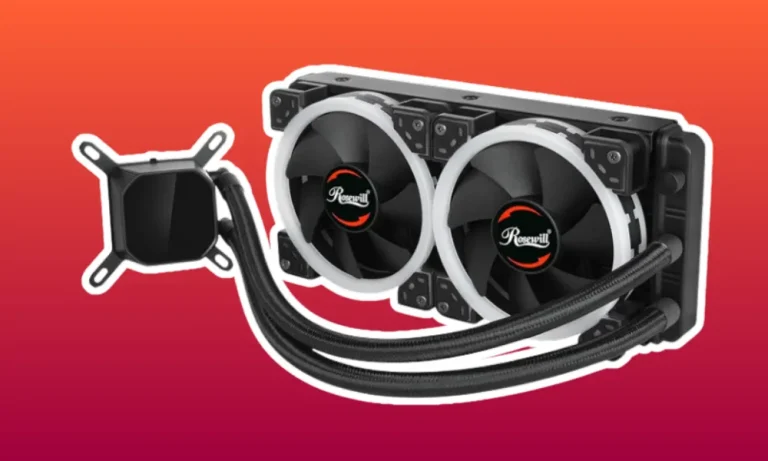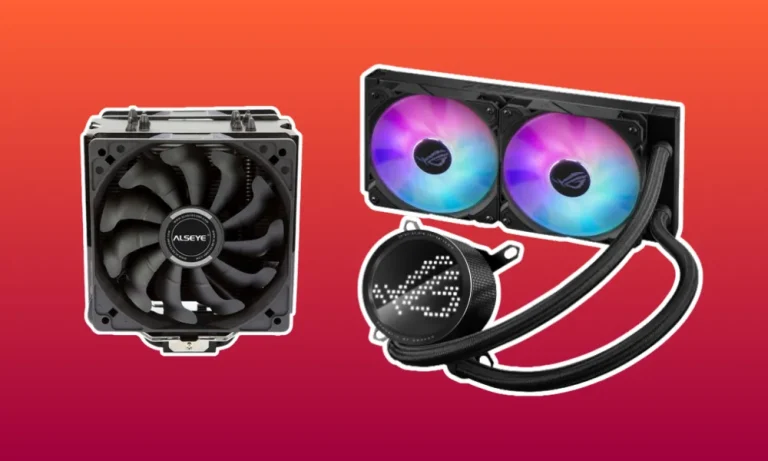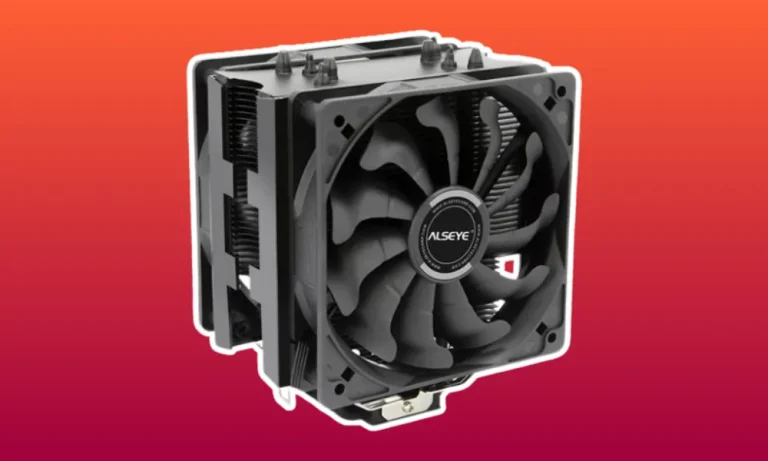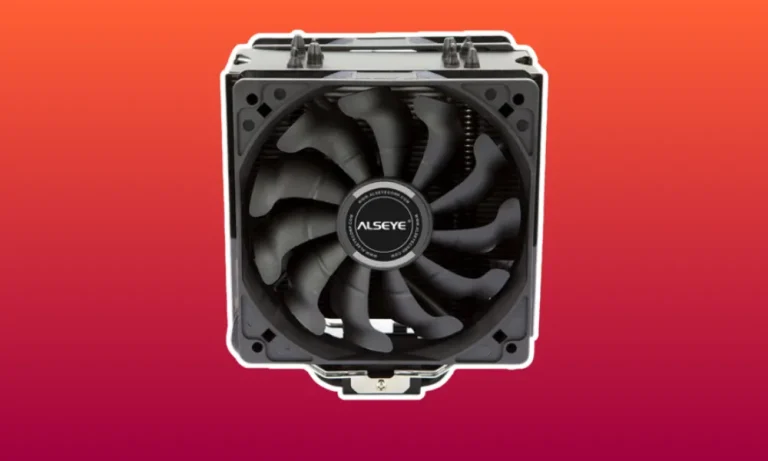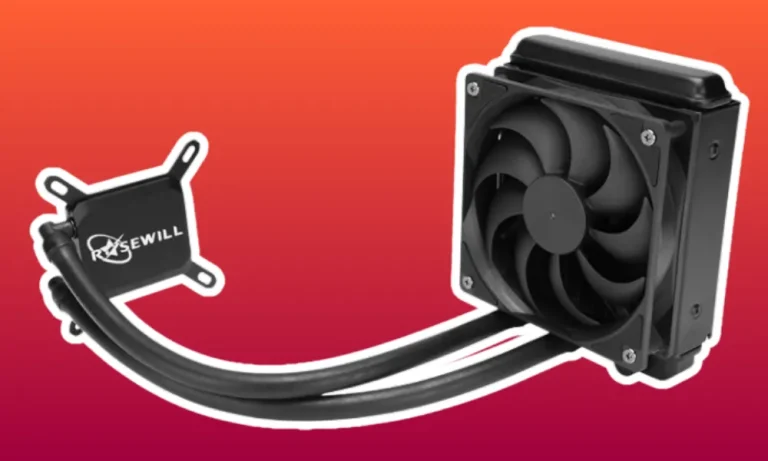Do Intel CPUs come with coolers?
Do Intel CPUs come with coolers? It’s a question that often puzzles PC enthusiasts and beginners alike. We all know that CPUs generate heat, and cooling is crucial to ensure their optimal performance and longevity.
In this blog post, we’ll unravel the truth behind Intel CPUs and cooling solutions, debunking common misconceptions and shedding light on the options available. Get ready to dive into the world of CPU cooling and discover what Intel has in store for you!
Intel CPUs and Cooling Solutions
When it comes to Intel CPUs, understanding their cooling solutions is crucial for maintaining optimal performance and ensuring the longevity of your computer system.
Intel’s Approach to Cooling Solutions Intel recognizes the importance of efficient cooling for their CPUs. They have developed a range of cooling solutions to meet the diverse needs of users.
These solutions aim to strike a balance between performance, cost-effectiveness, and ease of use.
Clarification on Cooler Inclusion Contrary to popular belief, Intel CPUs do not always come bundled with coolers. The inclusion of a cooler varies depending on the specific CPU model and its intended usage.
Entry-level and mid-range Intel CPUs typically come with stock coolers, while higher-end models may not include coolers, assuming users will opt for aftermarket cooling solutions.
Different Intel CPU Series and Cooling Requirements Intel offers various CPU series, each with its own cooling requirements. Here are some notable series:
- Intel Core i3/i5/i7: These mainstream CPUs often come with stock coolers suitable for regular usage and light gaming. However, if you plan to push your CPU to its limits through overclocking or intensive tasks, investing in an aftermarket cooler might be beneficial.
- Intel Core i9: The high-performance i9 CPUs generally do not come with stock coolers. Due to their increased power and heat output, it is highly recommended to use a high-quality aftermarket cooler to ensure optimal cooling and prevent thermal throttling.
- Intel Xeon: Xeon CPUs, designed for professional workstations and servers, typically do not come with coolers. These CPUs are often used in demanding environments, and users are expected to choose cooling solutions tailored to their specific needs.
Intel CPU Cooler Options
When it comes to cooling Intel CPUs, there are various options to consider. Intel provides its own cooling solutions, known as stock coolers, which come bundled with some of their processors.
Overview of Intel Cooling Options: Intel offers a range of cooling options to suit different CPU models and usage scenarios. These options include both stock coolers and aftermarket cooling solutions.
Introduction to Intel Stock Coolers: Intel stock coolers are cooling solutions that come included with some Intel CPUs. They are designed to provide adequate cooling for standard usage and moderate workloads.
Stock coolers typically consist of a heatsink and fan combination, and they are specifically engineered to fit the CPU socket and dissipate heat effectively.
Pros and Cons of Using Intel Stock Coolers: Using Intel stock coolers has its advantages and disadvantages. On the positive side, stock coolers are cost-effective since they come bundled with the CPU, saving you money on purchasing an aftermarket cooler separately.
They are also designed to fit perfectly with the CPU, ensuring compatibility and ease of installation.
However, stock coolers may have limitations when it comes to cooling performance. They are generally optimized for standard usage and may struggle to handle more demanding tasks or overclocking.
If you engage in heavy gaming, video editing, or other CPU-intensive activities, investing in a higher-quality aftermarket cooler might be necessary to maintain lower temperatures and prevent thermal throttling.
Aftermarket Cooling Solutions
Aftermarket CPU coolers provide an alternative to Intel’s stock coolers, offering enhanced cooling performance and additional benefits.
Benefits of Using Aftermarket CPU Coolers Aftermarket:
CPU coolers offer several advantages over stock coolers. They are specifically designed to provide superior cooling capabilities, allowing for lower CPU temperatures and better thermal management. This can result in improved overall system performance and longevity.
Additionally, aftermarket coolers often feature larger heatsinks and more efficient fans, enabling them to handle higher overclocking potential. By keeping the CPU cooler under heavy loads, aftermarket coolers can prevent thermal throttling and ensure consistent performance.
Popular Aftermarket Cooler Brands:
There are several reputable brands known for producing high-quality aftermarket CPU coolers. Some of the popular options include Cooler Master, Noctua, Corsair, be quiet!, and NZXT.
These brands offer a wide range of coolers with varying sizes, designs, and features to cater to different user preferences and requirements.
Comparison of Performance, Noise Levels, and Pricing:
When comparing aftermarket coolers, it’s important to consider factors such as performance, noise levels, and pricing. Performance can be evaluated based on the cooling efficiency and the ability to handle overclocking.
Noise levels are essential for those seeking a quieter computing experience. Pricing varies depending on the brand, model, and features offered.
Noctua is well-regarded for its excellent cooling performance and low noise levels, albeit at a higher price point. Cooler Master offers a diverse range of coolers with competitive performance and pricing.
Corsair and NZXT provide options with RGB lighting and customizable features, appealing to users who value aesthetics.
Factors to Consider
Choosing the right CPU cooler is crucial for maintaining optimal performance and temperature management.
Compatibility with CPU Socket Type and Case Size
One of the first factors to consider is the compatibility of the CPU cooler with your CPU socket type and case size. Different CPUs have specific socket types, such as Intel’s LGA or AMD’s AM4.
It’s essential to choose a cooler that is compatible with your CPU’s socket to ensure a proper fit and efficient heat dissipation.
Additionally, the size of your computer case plays a role in determining the maximum height and width of the CPU cooler that can be accommodated.
It’s important to check the clearance in your case to avoid any compatibility issues and ensure that the cooler fits properly without obstructing other components.
Impact of Overclocking on Cooling Requirements
Overclocking, the process of increasing a CPU’s clock speed beyond its factory settings, can significantly impact cooling requirements.
When overclocking, the CPU generates more heat, necessitating a more robust cooling solution to maintain stable temperatures.
If you plan to overclock your CPU, it’s crucial to choose a cooler with a higher cooling capacity. Look for coolers with larger heatinks, more heat pipes, and higher airflow fans.
These features will help dissipate the increased heat generated during overclocking, ensuring your CPU stays within safe temperature limits.
FAQs
Do all Intel CPUs come with coolers?
No, not all Intel CPUs come with coolers. Higher-end CPUs, like the K-series processors, typically do not include coolers and require aftermarket solutions for cooling.
Which Intel CPUs come with coolers?
Most mainstream Intel CPUs come bundled with stock coolers. These include models like the Core i3, i5, and i7 series. However, it’s important to check the specific CPU model to confirm if a cooler is included.
Can I use the stock cooler that comes with my Intel CPU for overclocking?
While the stock coolers provided with Intel CPUs are generally adequate for normal usage, they may not be sufficient for heavy overclocking. For better cooling performance during overclocking, it is recommended to invest in an aftermarket cooler.
How effective are Intel stock coolers?
Intel stock coolers are designed to provide basic cooling for the CPU and are typically sufficient for regular usage, such as web browsing and light gaming. However, they may struggle to maintain low temperatures under heavy loads or during overclocking.
What should I do if my Intel CPU does not come with a cooler?
If your Intel CPU does not come with a cooler, you will need to purchase an aftermarket CPU cooler separately. Make sure to choose a cooler that is compatible with your CPU socket type and consider factors like cooling performance, noise levels, and your system’s cooling requirements.
Conclusion
Intel CPUs do come with coolers, but it depends on the specific model. Intel’s higher-end CPUs, such as the K-series processors, usually do not come with coolers and require aftermarket solutions. However, most mainstream Intel CPUs come bundled with stock coolers, providing a basic cooling solution out of the box.

